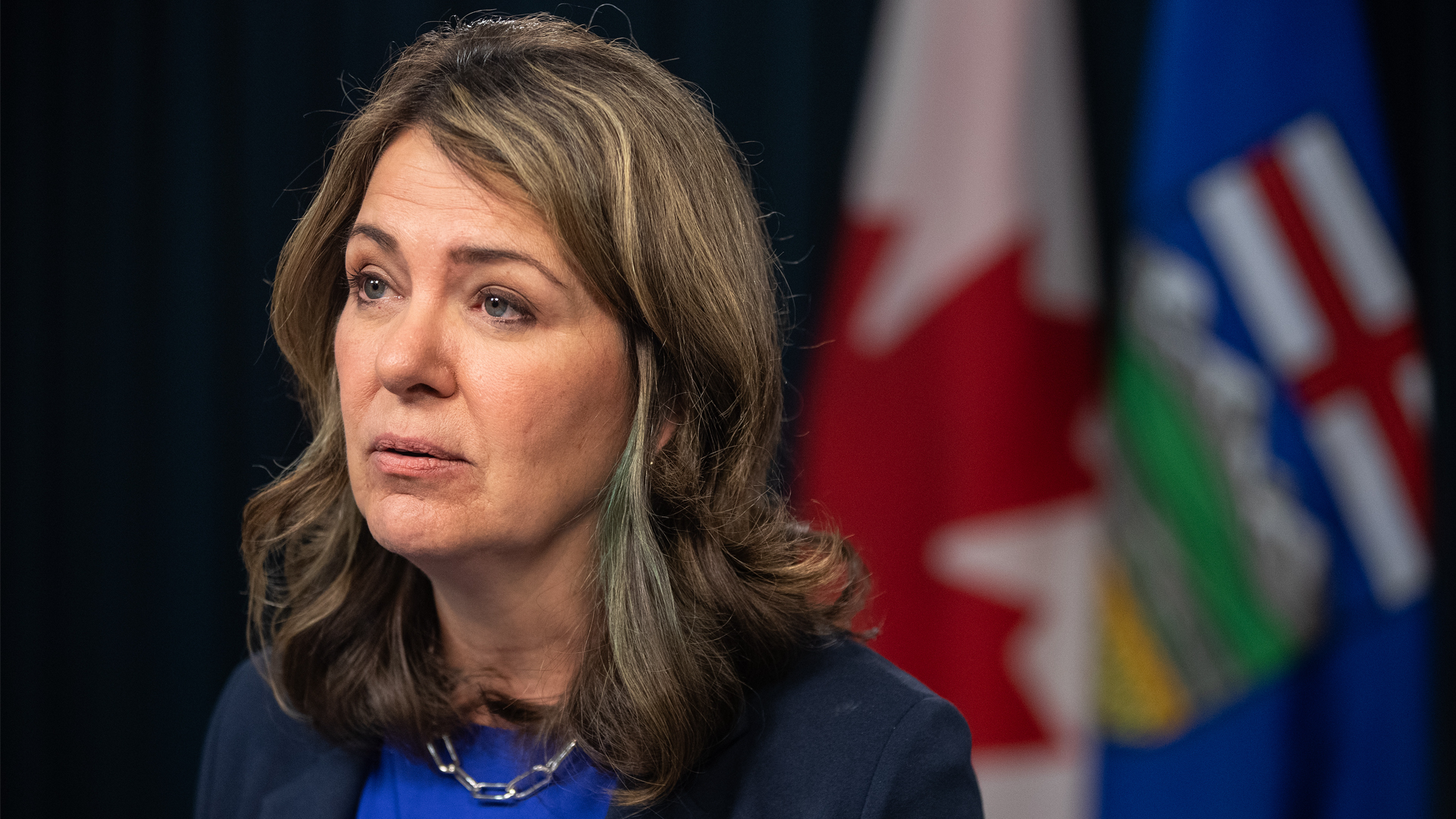
Media coverage of the SNC-Lavalin (SNC) story has over-emphasized the claim of interference with the prosecutor’s decision to pursue a criminal prosecution of SNC-Lavalin. The company is accused of bribery and fraud in Libya between 2001 and 2011. Last year, changes to the Criminal Code, embedded in a budget bill, established an alternative to prosecution whenever that is in the public interest. The alternative is commonly known as a Deferred Prosecution Agreement (DPA), and it received broad political support at the time. In October 2018, government prosecutors decided not to engage in a DPA with SNC, and analysts in other departments sought to understand why.
Had the media studied the bill closely, a more balanced story might have emerged. What has been missing is recognition that the purpose of the new legislation is to avoid harm while still penalizing bad behaviour. With that framework, journalists might have been more critical of the former Attorney General (AG), who says she was pressured by the Prime Minister and his staff to overrule the decision by the director of public prosecutions to not negotiate a DPA with the company.
And coverage would likely have been less critical of those members of government. Overlooked in the media coverage is a possible accessory culprit: the new legislation itself, which has some conflicts written into it.
This is important because the new law has a lot of merit yet is now viewed with suspicion by many, and will be harder to apply in this case. (SNC is still trying for a settlement.) Moreover, SNC and its current administration have come under unwarranted criticism.
The objectives of a DPA are summarized in the legislation as follows: a) denounce wrongdoing; b) levy penalties and fines; c) ensure internal corrections; d) encourage voluntary disclosure; e) ensure reparations to the community; and, most relevant here so cited in full,
- f) “to reduce the negative consequences of the wrongdoing for persons — employees, customers, pensioners and others — who did not engage in the wrongdoing, while holding responsible those individuals who did engage in that wrongdoing.
A negotiated DPA would prevent a criminal conviction and a possible 10-year ban on federal contracts. DPAs must be approved by a court, and are burdensome, costly and include financial penalties; they can be terminated if conditions aren’t met. They are clearly not a “get out of jail free” card as some have characterized them. Note that purposes a) to e) of the act that established DPAs could also be met through a judgment from a successful criminal prosecution. Objective f) stands apart as an element of a DPA not achievable by prosecution. It differentiates the two options with respect to assessing the public interest.
The critical thing about all this is that the prosecutor now has greater responsibility to assess the impact on the public interest of each alternative: prosecuting versus negotiating a DPA. Sounds simple, but it can be tricky. The objective of prosecutions is not only to punish — it is to change future behaviour. That’s a reasonable public-interest objective, so if the case seems winnable, they prosecute unless there’s some offsetting feature (say a young offender who might better be handled through counselling and community service).
For corporations, the same principles normally lead to prosecution to discourage future transgressions. But a criminal conviction hurts more than a company; it hurts a lot of innocent people. So, the alternative – negotiating a DPA – is sometimes desirable. In the case of SNC, all of the individuals potentially involved in the transgression (CEO, executives and directors) have been replaced since the transgression occurred. The company has also taken measures to change its culture and implement procedures to prevent future offences. (Some of them are detailed here in paragraph 13.)
So, the benefit from criminal proceedings in sending a message to deter bribery is much smaller than it would be if blameable parties were still guiding the company. This smaller benefit of prosecution must be compared with its effect on innocent parties. Put another way, pretty well all of the net benefits available from a criminal prosecution can be achieved through a properly negotiated DPA without incurring any adverse impact on innocent parties. This is precisely the situation for which the DPA legislation was intended.
So why did the government prosecutors reach a different conclusion? The decision was explained to SNC as having been based on three things:
- Nature and gravity of the charge.
- Level of senior executives implicated.
- Failure to self-report.
Reasons two and three are questionable since the entire senior management and governance group in SNC has changed. The first reason looks to be the main justification of the decision, and it seems directly related to Section 715.32 (3) of the Criminal Code, which says:
If the organization is alleged to have committed an offence under section 3 or 4 of the Corruption of Foreign Public Officials Act, the prosecutor must not consider the national economic interest, the potential effect on relations with a state other than Canada or the identity of the organization or individual involved.
This appears to set up a conflict within the act. A key purpose is to avoid injustice to innocent parties. Yet the clause above precludes consideration of the national economic interest.
The prosecutors appear to have decided that clause makes SNC ineligible for a DPA. Yet a successful criminal conviction could harm many innocent people. So, even ignoring the national economic interest, a thorough comparison of the broad public interest would likely favour a DPA over criminal prosecution. Therefore, the original decision may have been in error. Moreover, what the former AG claims was undue pressure was more likely reasonable diligence — an attempt to understand whether and how the decision complied with the spirit of the new legislation.
There are lessons to be learned from this controversy:
First, the conflict in the legislation contributed to the problem. The clause above that precludes consideration of the national economic interest is unreasonable and should be removed. It is one thing for an agency like the World Bank to have an extremely strong deterrent in the form of a 10-year ban on contracts with misbehaving organizations. The World Bank provides financial support to many developing countries where such offenses are more likely. Those offenses reduce the effectiveness of its programs.
However, a national government imposing a suspension of contracts for 10 years inflicts a much more significant and extensive penalty. For some companies, it could be enough to force cutbacks; others could be driven out of business. The effect could multiply through the economy, hurting many innocent individuals.
As well, singling out one criminal offense (foreign bribery) as being something that should preclude a DPA is not appropriate. Doing that suggests other offenses are in some sense less serious. However, other offenses – for example, fraud – could be more serious in terms of losses to victims. I suspect this was included because international agreements emphasize deterring bribery. That is understandable, but the way in which Canada achieves deterrence should be in the interest of Canada.
Second, the convention that prosecutors need not justify each decision to prosecute should not apply to DPA decisions. Courts have generally ruled that such a requirement would overburden the administration of justice. That’s reasonable for the totality of decisions, which constitutes a huge number. However, for cases where a DPA is possible, it would be practical to require such explanations. The decision process would also benefit from analytical input from a variety of government departments to ensure the calculation of the relative impact of each option on the public interest is made properly. However, the ultimate decision might have to be left to the prosecutor to avoid interference based on political interests
Photo: Shutterstock by Marc Bruxelle
Do you have something to say about the article you just read? Be part of the Policy Options discussion, and send in your own submission. Here is a link on how to do it. | Souhaitez-vous réagir à cet article ? Joignez-vous aux débats d’Options politiques et soumettez-nous votre texte en suivant ces directives.








